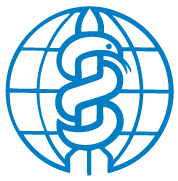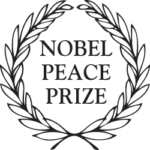As the deadly war in Ukraine approaches the one-year mark, an international expert panel gathered on 18 February to explore the current and potential public health and environmental consequences of the ongoing crisis, along with the solutions to pull us back from the brink of a nuclear catastrophe. The experts’ remarks are compiled in this briefing paper. Topics include:
-Impacts on health, human rights, and the environment – An assessment of how the war has adversely affected civilians.
-Risk to nuclear reactors — The factors that could lead to a catastrophe at any of Ukraine’s nuclear power plants — loss of power, stress-induced worker error or an accidental or deliberate attack — continue to worsen, making such an outcome more likely.
-Escalation to nuclear weapons – The catastrophic regional and global consequences if nuclear weapons are launched intentionally or by accident or miscalculation.
Panelists:
Dr. Barry Levy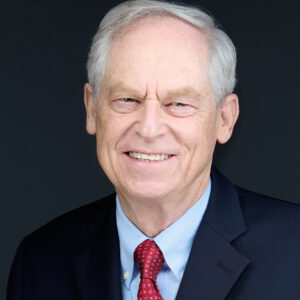
Barry Levy has written and spoken about the consequences of war on health, human rights, and the environment for many years. He is author of the new book “From Horror to Hope: Recognizing and Preventing the Health Impacts of War.” He has co-edited four books and written numerous journal articles on the public health impacts of war and terrorism. Dr. Levy’s writings on the war in Ukraine have appeared in the New England Journal of Medicine, the New York Times, and elsewhere. He has spoken about the health impacts of war for the National Academy of Medicine, the American Public Health Association, Harvard, Yale, Tufts, and several podcasts and webinars.
Dr. Levy has co-edited 16 other books on climate change, environmental and occupational hazards, and social injustice. He is an Adjunct Professor of Public Health at Tufts University School of Medicine and a Past President of the American Public Health Association
Linda Pentz Gunter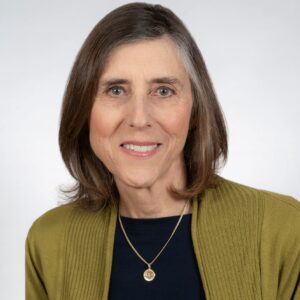
Linda Pentz Gunter founded Beyond Nuclear in 2007 and serves as its international specialist as well as its media and development director. Prior to her work in antinuclear advocacy, she was a journalist for 20 years in print and broadcast, working for USA Network, Reuters, The Times (UK) and other US and international outlets.
Beyond Nuclear works to support grassroots, national and international efforts to phase out nuclear power in favor of safer renewable energy choices. It also draws attention to the perpetual link between nuclear power and the pathway to nuclear weapons and advocates for a global nuclear weapons ban. In creating Beyond Nuclear, Linda’s goal was to reach beyond the immediate circle of committed anti-nuclear activists and engage those environmentalists concerned with climate change and the necessity to move away from fossil and fissile energy use.
Dr. Ira Helfand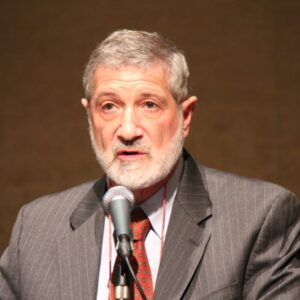
Ira Helfand is the Immediate Past President of International Physicians for the Prevention of Nuclear War and the co-Founder and Past President of Physicians for Social Responsibility, the US affiliate of IPPNW. He has published articles on the medical consequences of nuclear war in the New England Journal of Medicine, the Lancet, the British Medical Journal, the World Medical Journal and Medicine and Global Survival. In 2016 he chaired the session on the humanitarian impact of nuclear war at the UN’s Open Ended Working Group meeting in Geneva that led to negotiations for the Treaty on the Prohibition of Nuclear Weapons.
Dr. Helfand was educated at Harvard College and the Albert Einstein College of Medicine. He is a former chairman of the Department of Emergency Medicine and President of the Medical Staff at Cooley Dickinson Hospital, and is a retired internist and urgent care physician at Family Care Medical Center in Western Massachusetts.
Moderator: Dr. Ruth Mitchell
Dr. Ruth Mitchell is a peadiatric neurosurgeon and medical researcher based in Sydney, Australia. She is a leader in the anti-nuclear movement, and an advocate for diversity and inclusion in surgery, and science. She is chair of the Board of the International Physicians for the Prevention of Nuclear War (IPPNW) (Nobel Peace Prize 1985) and is the first woman to hold the position. She has been involved IPPNW since 2004. As part of the IPPNW student movement, she participated in dialogues about nuclear weapons with fellow medical students including in China, Russia and the United Kingdom, detailing the health and humanitarian effects of nuclear weapons, and making the case for medical leadership in the work of nuclear abolition.
She has been involved in the work of the International Campaign to Abolish Nuclear Weapons (ICAN) (Nobel Peace Prize 2017) since its inception in 2007. Ruth has previously chaired the Board of ICAN Australia, and is a current board member.
Ruth is passionate about strengthening the peace movement around the world and ensuring our work is intentionally anti-racist, feminist, decolonising, and environmentally sustainable. As an activist doctor, Ruth believes in the power of bearing witness and listening carefully to the stories from the bedside. Centering and amplifying the voices of survivors and victims of both nuclear weapons and small arms is of paramount importance to her.
For her efforts to eliminate nuclear weapons, Ruth was recently awarded the Flinders University 2022 Convocation Medal, the highest alumni award given by her alma mater.
War in Eastern Europe: On the Brink of a Humanitarian Disaster
Emergency Briefing
Watch last year’s timely webinar, hosted mere days before war broke out in Ukraine, below and read the accompanying briefing paper here. 19 February, 2022.
